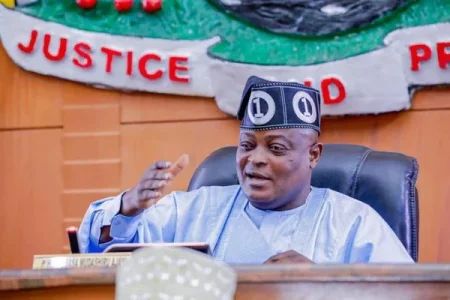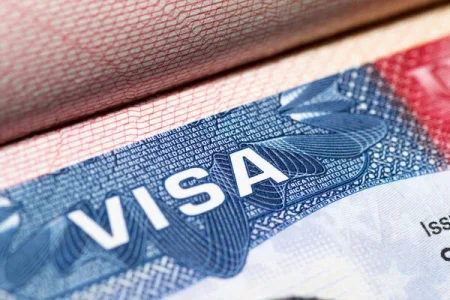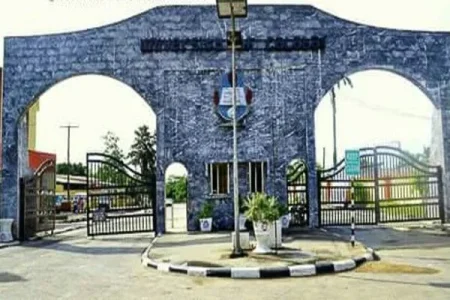
The Lagos High Court has handed down a life sentence to Bishop Feyiropo Daniels, the founder of 1 Reign Christian Ministry, after finding him guilty of rape and sexual assault. The trial judge, Rahman Oshodi, delivered the sentence of life imprisonment for rape and an additional three years for sexual assault. Both sentences are set to run concurrently, ensuring a significant punishment for the crimes committed by the once-acclaimed 'man of God.'
The conviction stems from a case brought forward by a 23-year-old assistant pastor of 1 Reign Christian Ministry, who accused Daniels of raping her twice. The trial, which unfolded at the Ikeja Sexual Offences and Domestic Violence Court in Lagos, revealed disturbing details of the spiritual leader's betrayal of trust.
The prosecution, led by Lagos State counsel Mr Babajide Boye, presented a compelling case, relying on the testimony of the survivor. She shared her harrowing experience, recounting how she first encountered Bishop Daniels in May 2018 during a church program at Akungba-Akoko in Ondo State. The program, titled "Strictly Supernatural," marked the beginning of her association with 1 Reign Christian Ministry, where she eventually rose to the position of assistant pastor.
The survivor detailed how she regarded Daniels as her spiritual father, emphasizing the profound breach of trust when he raped her at his residence in Ikota Villa Estate, Lekki, Lagos State, on June 21, 2020. The revelations sparked a legal battle that led to Daniels' remand in prison custody on April 17, 2023.
The accused, known for his role as a church leader, denied all charges during the trial. However, Justice Rahman Oshodi, presiding over the case, found the evidence compelling enough to warrant a conviction. In addition to the life sentence for rape and three years for sexual assault, Bishop Feyi Daniels will have his name registered in the Sexual Offenders Register maintained by Lagos State, ensuring that his actions remain documented for the public and authorities.
This case highlights not only the grave misconduct of a religious leader but also the courage of survivors in seeking justice. It prompts reflection on the accountability of individuals in positions of trust within religious institutions and raises questions about the broader implications for such organizations in Nigeria.




